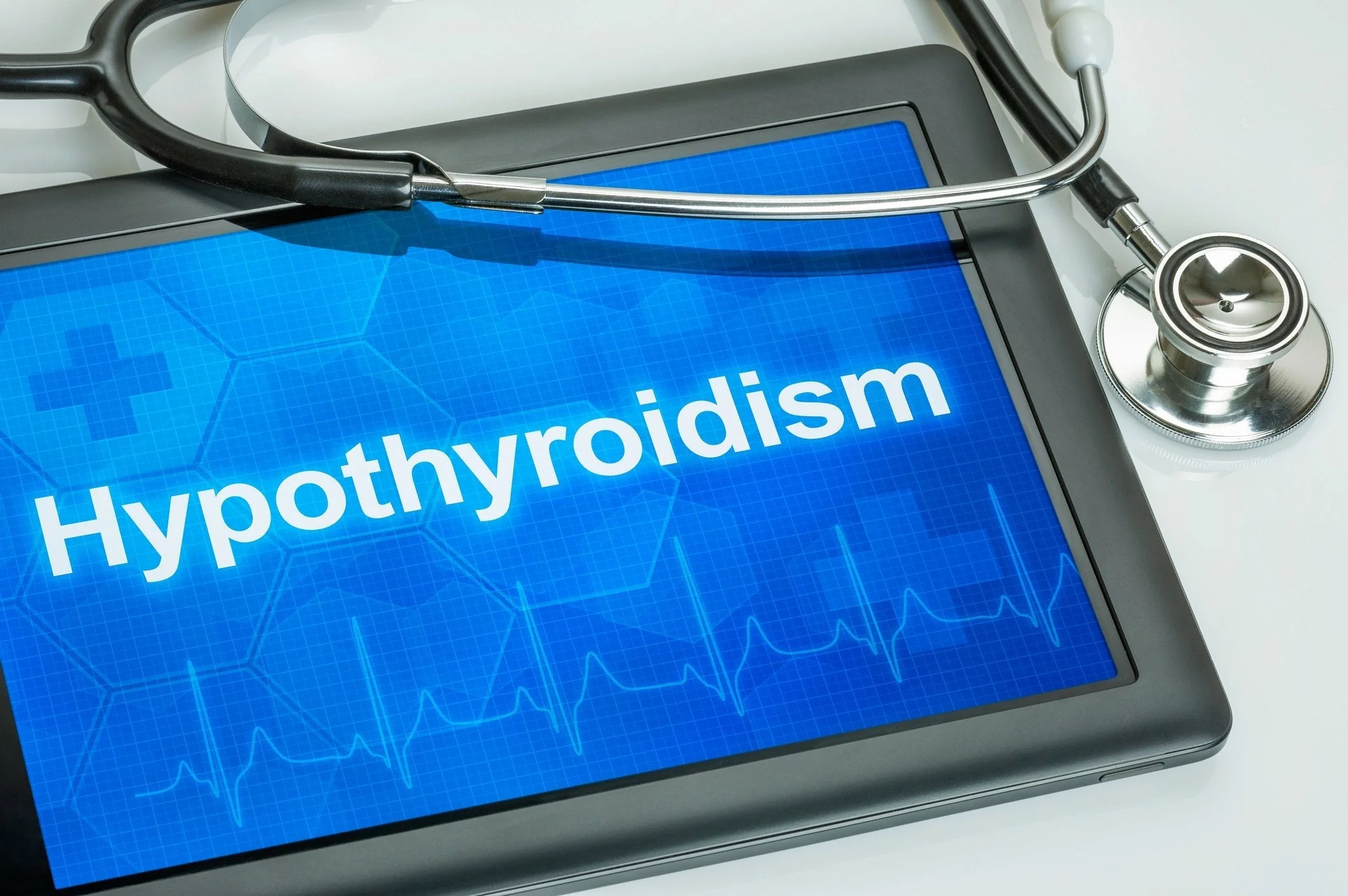
- Health advice
- Feb 10, 2018
Hypothyroidism is a condition that affects the thyroid gland, a butterfly-shaped gland that sits at the base of the neck. The thyroid gland is responsible for producing thyroid hormones which in turn control metabolism and things like heart rate, body weight, menstrual cycles, body temperature, breathing and more. So if you have a condition such as hypothyroidism or an underactive thyroid you can imagine what it feels like.
Hypothyroidism symptoms
Some symptoms include:
- fatigue
- dry skin and hair
- depression
- sensitivity to cold temperatures
- menstrual irregularities such as frequent heavy periods
- difficulty sleeping.
What key nutrients are needed?
When the body presents with hypothyroidism we can look to nutrients to help heal this condition. There are several key nutrients vital for the health of the thyroid when hypothyroid is indicated. These nutrients include iodine, tyrosine, selenium, and zinc.
- Iodine is needed to make thyroid hormone. The thyroid gland accumulates iodine and has the highest concentration of iodine anywhere in the body. It is a precursor to the thyroid hormones thyroxine (T4) and some triiodothyronine (T3).
Sources of iodine include dairy, eggs, iodised salt, saltwater fish, shellfish, seaweed including kelp, dulse and nori.
- Tyrosine is needed as a precursor to make thyroid hormone. Low levels of tyrosine have been associated with an underactive thyroid.
Sources of tyrosine include pumpkin seeds, beef, fish, turkey, eggs, bananas, avocados, cheese, yoghurt, sesame seeds and almonds.
- Selenium is needed to produce active thyroid hormones. It is part of enzymes that remove iodine molecules from T4 producing T3. Without selenium thyroid hormones would remain inactive. Low selenium levels have been found in patients with thyroid disease and people living in areas with low soil selenium content have shown higher incidences of Hashimoto’s disease.
Sources of selenium include poultry, shellfish, fish, brazil nuts, cashews, pecans, hazelnuts,
- Zinc is needed to facilitate utilisation of thyroid hormone. Zinc deficiency has been associated with lowered T3 and free T4 concentrations.
Sources of zinc include oysters, shellfish, red meat, crab, pumpkin seeds, walnuts, almonds, sunflower seeds, sesame seeds, milk, yoghurt and whole grains.
What else can you do to support your thyroid?
Besides the nutrients listed above, other important dietary recommendation is include anti-inflammatory foods rich in Omega 3's such as:
- seafood in particular salmon, tuna, mackerel, sardines, anchovies and herring
- nuts and seeds in particular walnuts, chia seeds, flax seeds and hemp seeds
- or other anti-inflammatory foods include onions, garlic, ginger, cumin, turmeric, celery, beets and berries.
What foods should you avoid?
It is also important to avoid goitrogenic foods in large quantities in their raw state as they inhibit the utilisation of iodine and disrupt thyroid hormones. This includes foods such as bok choy, broccoli, cauliflower, cabbage, kale, radish, turnips and mustard greens. Other things to avoid are gluten, dairy and sugar as they have been linked to thyroid issues.
Katherine McGuigan – Naturopath
Have you struggled to progress on your healing journey? Need a helping hand to travel the first few steps? Katherine believes in the innate power of the body to heal and sees the role of naturopathy as the flame to ignite the start of the healing process. Motivated by her own health issues, Katherine decided on a more fulfilling career change that helps others find better health too. Katherine is a degree trained naturopath and a member of ATMS.






